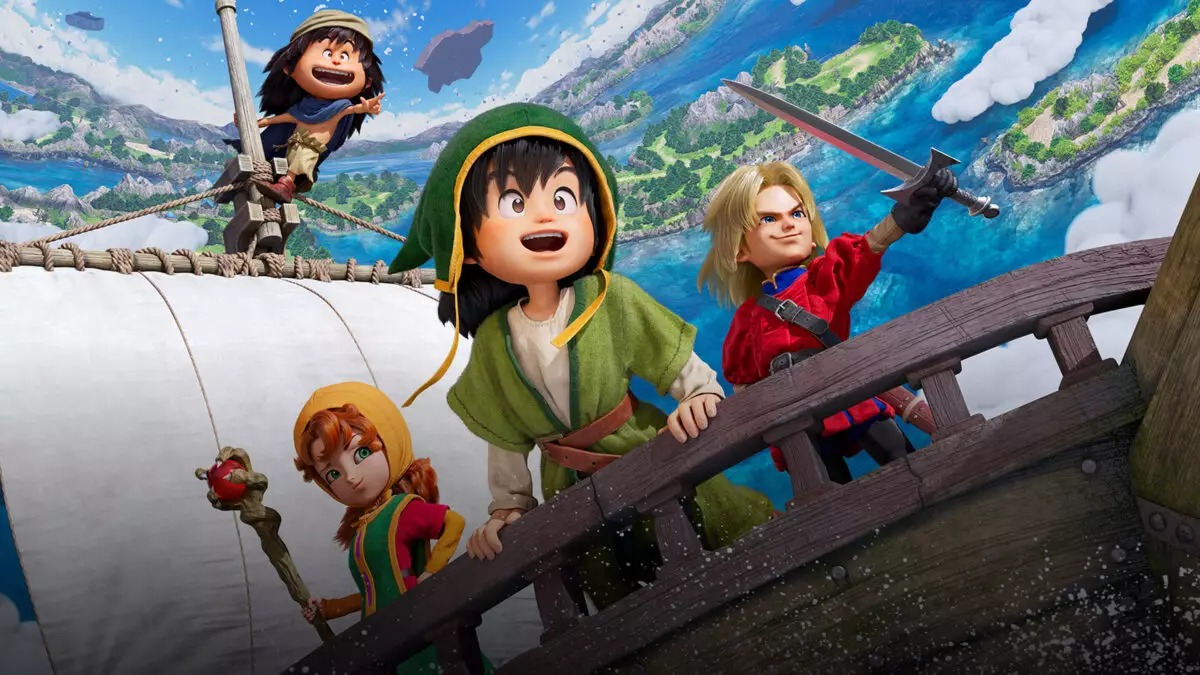In an era where remakes and remasters dominate the gaming landscape, the studio’s challenge lies in respecting the past while embracing modern expectations. Square Enix’s decision to reimagine Dragon Quest 7 exemplifies this balancing act. Instead of merely remaking a beloved classic, the developers have taken steps to refine and modernize the original experience, addressing long-standing criticisms—particularly its excessive length and complexity. The remake aims to distill the essence of the original, making it more digestible without sacrificing its charm. This approach is not just about appeasing nostalgic fans but also about crafting an accessible entry point for newcomers who might have been discouraged by the sprawling, occasionally overwhelming narrative.
Streamlining for Broader Appeal
One of the most notable aspects of this remake is the effort to streamline narrative elements. Dragon Quest 7 was notorious for its extensive subplots and side quests, contributing to gameplay times exceeding 100 hours. While this scope appealed to dedicated JRPG enthusiasts, it often alienated players seeking a more focused story. By trimming redundant or less impactful storylines and replacing them with fresh content, the developers are attempting to create a more tightly woven experience. This is a bold move; it acknowledges that narrative pacing is crucial in contemporary game design—players today expect meaningful engagement rather than sprawling detours. If successful, this could set a new standard for how classic RPG stories are adapted for modern audiences.
Fusing Tradition with Innovation
The reimagining of Dragon Quest 7 signals a broader industry trend of honoring heritage while pushing creative boundaries. It’s not merely about updating graphics or controls but about reinterpreting story and gameplay to align with current sensibilities. Square Enix claims the remake retains the nostalgic charm and grandeur of the original but eliminates the fatigue factor that previously foiled many players’ enjoyment. Such efforts suggest a strategic move to keep the franchise vibrant and relevant, especially as upcoming titles like Dragon Quest 12 are on the horizon. This remake might serve as the necessary bridge—appealing to old fans eager to revisit their favorite universe and attracting a new generation curious about the franchise’s rich history.
Looking Forward: A Strategic Triumph?
Scheduled for release across multiple platforms in early 2026, Dragon Quest 7 remade may very well exemplify a new standard for how classic series are revitalized. If it succeeds in balancing nostalgia with modern gameplay sensibilities, it promises to be more than just a simple update—it could redefine how beloved stories are preserved and adapted within the ever-evolving landscape of gaming. The real test will be in its execution: whether the streamlined experience retains the magic that made the original so special, and whether it manages to enthrall both veteran players and newcomers alike. Ultimately, this remake could either cement Dragon Quest 7’s legacy or reveal the perils of tampering with a cherished classic.

